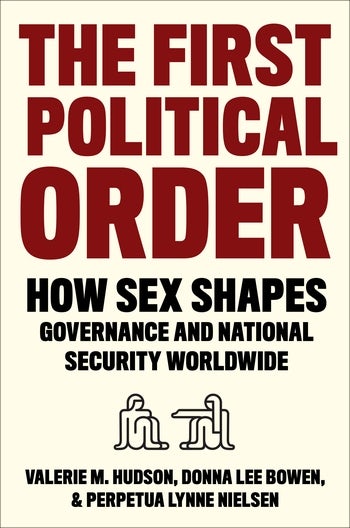Xavier Mendik on Academics and Cult Film
In a 2008 interview with Electric Sheep, Xavier Mendik describes how Cine-Excess, a film festival he curates, brings together the academic world with the world of cult film fandom:
It might surprise you to know that academics have been really interested in cult movies for quite a while now. There’s been a lot of activity for the last ten years around genre filmmaking, around cult auteurs and particularly cult fans. So really what we’ve done is harness the interest that’s been there for ten years within a film festival format.
Likewise, Mendik brings the serious study of what some might classify as trash to his new edited collection, Peep Shows: Cult Film and the Cine-Erotic. In the introduction to the book, Mendik describes some of Peep Shows intellectual goals:
Peep Shows thus takes as its starting point the long history of debates around “representation”, “taste” and “affect” that have marked these previous gender and cultural studies interventions in this arena. Peep Shows expands these debates to indicate the ways in which a wide variety of of soft and hard-core formats mediate images of desire and sexuality that reproduce national, cultural and historical trends and tension, as well as reflecting on more “legitimate” realms of cinematic activity. As part of this book’s aim to provide novel ways to survey the cine-erotic, the volume provides new readings on previously untheorised national trends and tendencies of the sexually explicit, as well as addressing the complex nature of spectatorship that these powerful and problematic works often provoke. Whilst acknowledging the increased theoretical interest in star studies and porn profiles, Peep Shows also seeks to provide new accounts of leading icons in this arena by combining theoretical accounts with exclusive interview material prepared for the volume.
1 Response
Leave a Reply
You must be logged in to post a comment.




As both an academic and cult movie lover, I have to admit that I find that most academic accounts completely miss the point and mis-read the films they focus on. Academics are driven by obscure debates while these movies are often plugged into the cultural zeitgeist in a much wider and more vibrant, and challenging, way. Cultural studies should be an incredible field, but by and large they rely on a remarkably narrow theoretical foundation, approach genres from the rather (and necessarily, given their social and institutional role) elitist humanist traditions, and are driven by pocket concerns in the indentity politics/acadmeics which they claim these films exemplify.